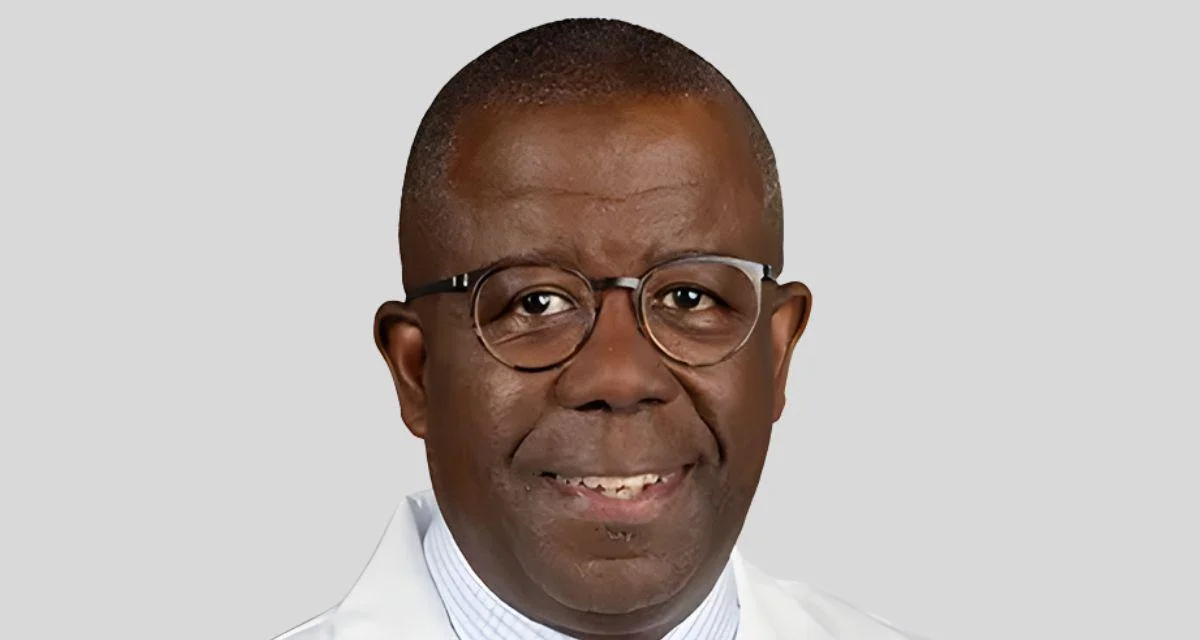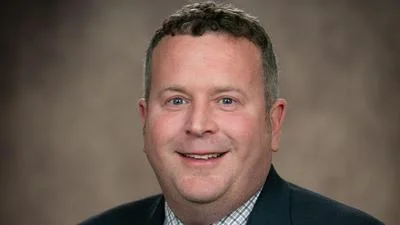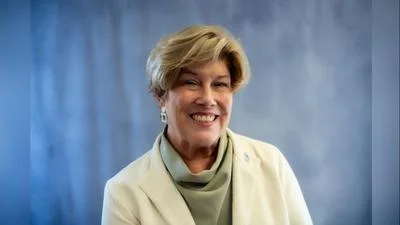Dr. Edward M. Barksdale Jr., a professor of surgery and pediatrics at the University of Chicago Pritzker School of Medicine | OSF HealthCare, Innovation & Digital Health, IL
Dr. Edward M. Barksdale Jr., a professor of surgery and pediatrics at the University of Chicago Pritzker School of Medicine | OSF HealthCare, Innovation & Digital Health, IL
Dr. Edward M. Barksdale Jr., a professor of surgery and pediatrics at the University of Chicago Pritzker School of Medicine and chief surgical officer for the Chicagoland Children’s Health Alliance, addressed health care professionals at the Jump Trading Simulation & Education Center in Peoria, Illinois. His keynote speech, titled “Beyond the Walls: The Unseen Power of Simulation for Social Innovation,” was part of the Pearl Lecture Series.
Dr. Barksdale discussed how simulation in medicine has moved beyond technical training to become a tool for team-based learning, system improvement, and human-centered design. He emphasized that while technology and new innovations such as artificial intelligence are important, they should not overshadow the need for compassion and human connection in patient care.
“How can it help us be more human? How can it help us be more compassionate and empathic. So much of the work I do in Cleveland where I was, and now in Chicago is to look at how we can take technology to allow physicians to lead more with their hearts than their heads,” Dr. Barksdale said.
Medical simulation often uses trained actors to create realistic scenarios for health care providers to practice not only their technical skills but also their communication and empathy. Dr. Barksdale described simulation as an opportunity for practitioners to “rehearse for humanity.”
He noted that the Jump Center is recognized nationally for advancing simulation from skill-building to innovation. “What an environment like this offers is that child, that adult to say, ‘Dr. Barksdale the way you speak to me or the words that you use are not things that I understand. Can you break that down, can you give me a tangible example?’” he said.
Dr. Barksdale highlighted that one important area for simulation is addressing social determinants of health such as food insecurity, homelessness, trauma-based care, inequity, and violence. He referenced his work in Cleveland on programs that have contributed to reductions in gun violence.
The lecture also honored Dr. Richard Pearl, a longtime pediatric surgeon and leader at OSF HealthCare Children’s Hospital of Illinois and the University of Illinois College of Medicine Peoria. Dr. Barksdale recognized Dr. Pearl’s role in establishing a simulation-based culture focused on learning and compassion: “There are things that people envision when they come to a place that have a life and legacy long after they leave and the work that he did to establish this incredible center is phenomenal.”
Dr. Barksdale concluded by encouraging health professionals and community leaders to view simulation as a means to strengthen civic engagement and empathy, not just technical proficiency.




 Alerts Sign-up
Alerts Sign-up